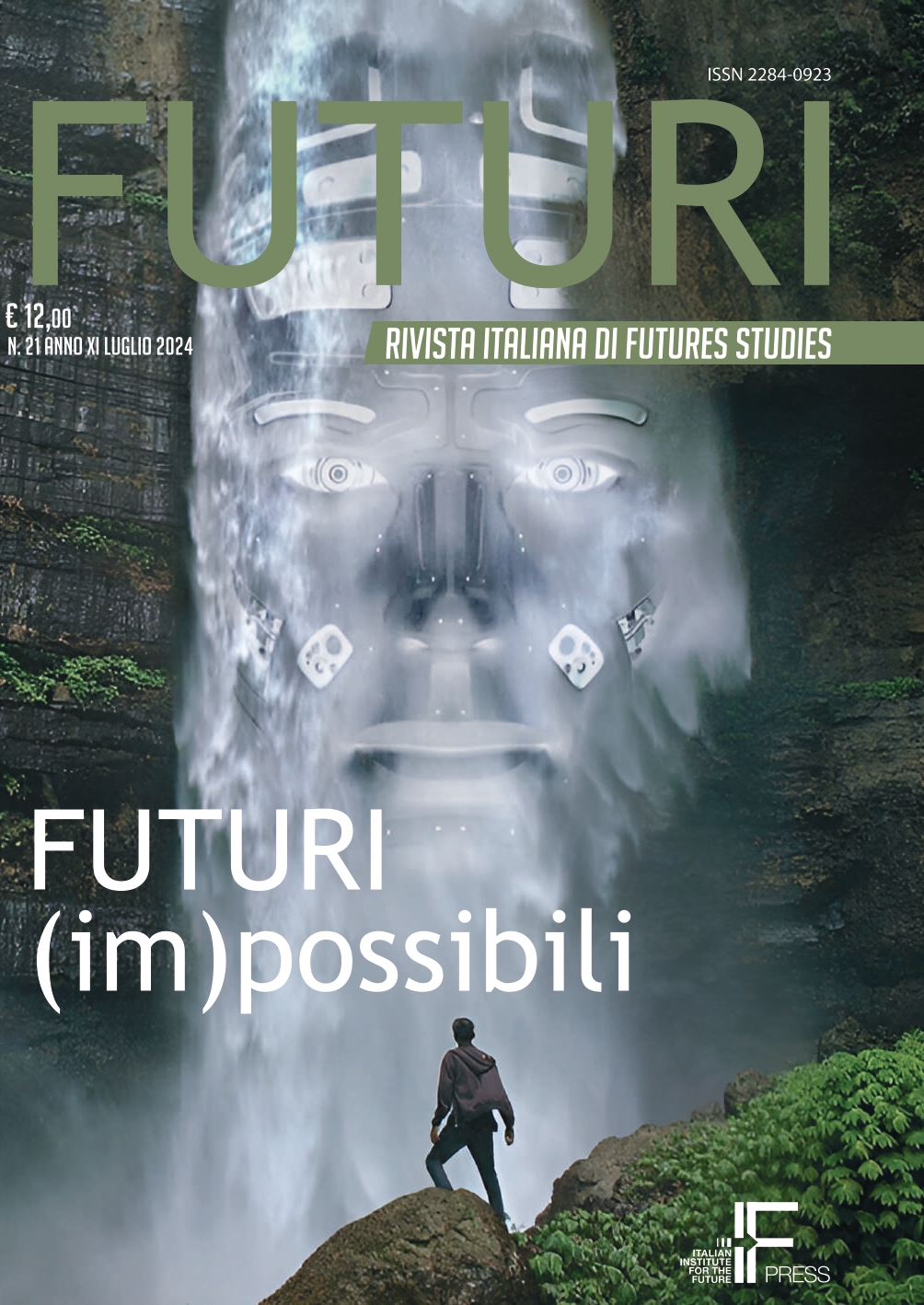Focus

Pubblicato 17-10-2024

Questo lavoro è fornito con la licenza Creative Commons Attribuzione - Non commerciale - Non opere derivate 4.0 Internazionale.
Abstract
Could mathematical modeling improve the predictability of the application of the law and reduce its “randomness” and “uncertainty” to the extent that an automated decision-making process can be proposed? Is it possible to discuss a hypothetical algorithmic-legal programming of an “exact” future, that is not simply a projection of the past into the future and that rejects human unpredictability and inconsistency, based on the assumption that human events can be anticipated and controlled?
